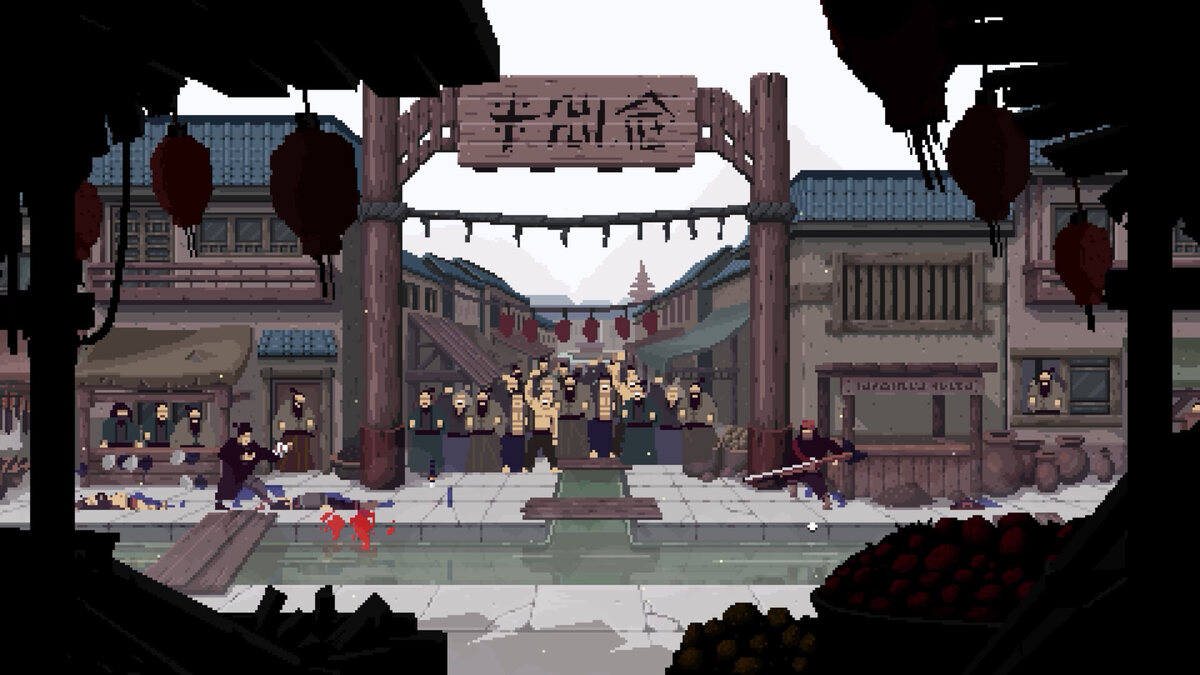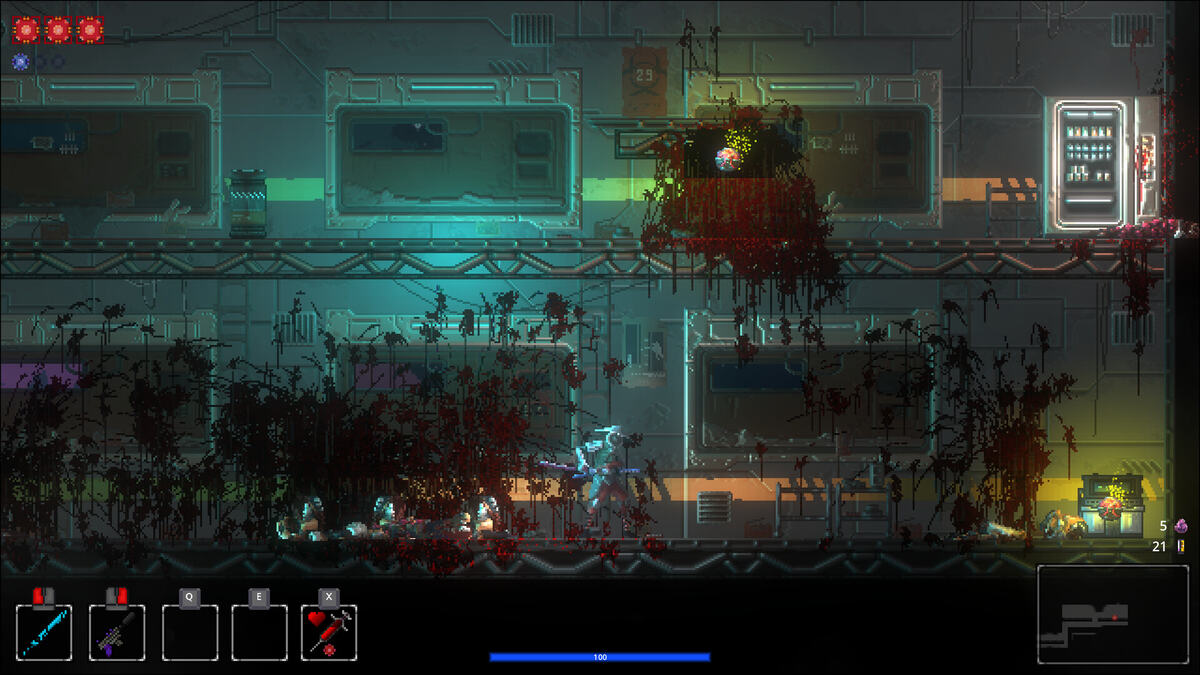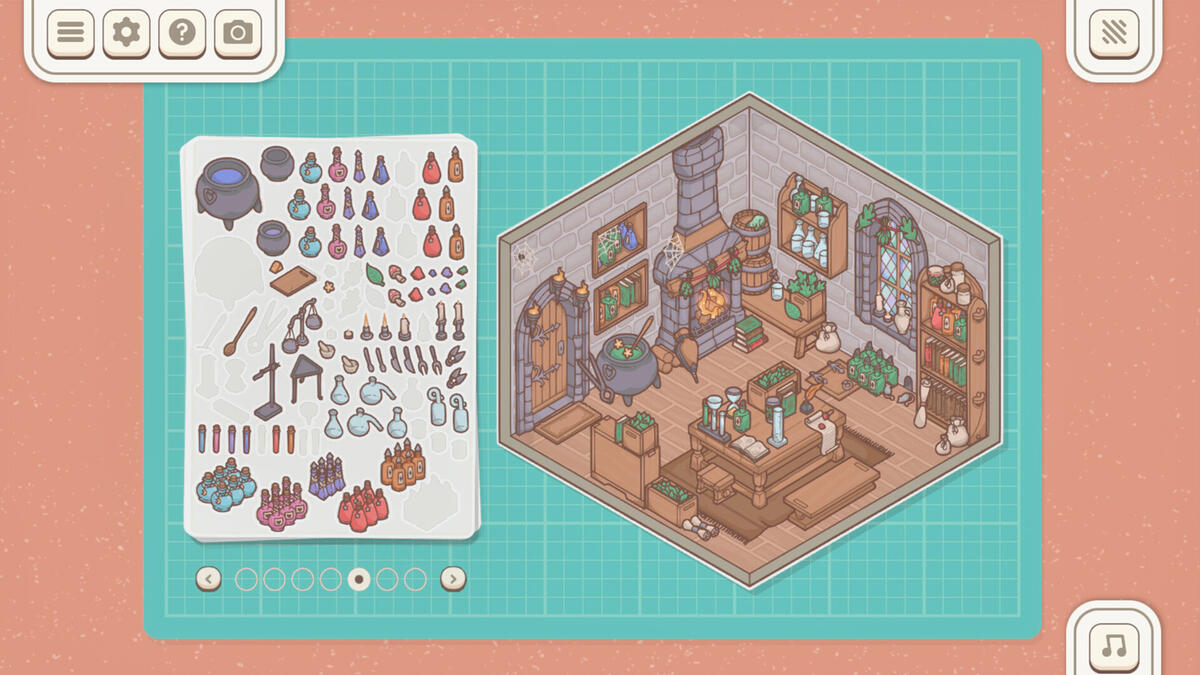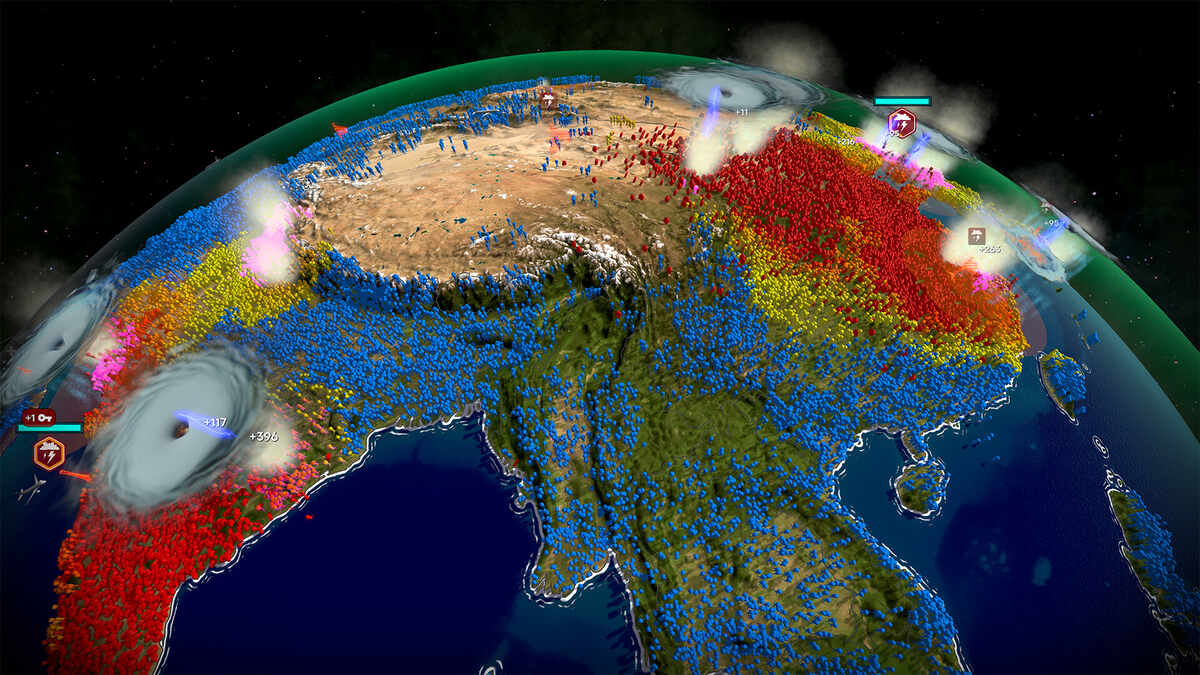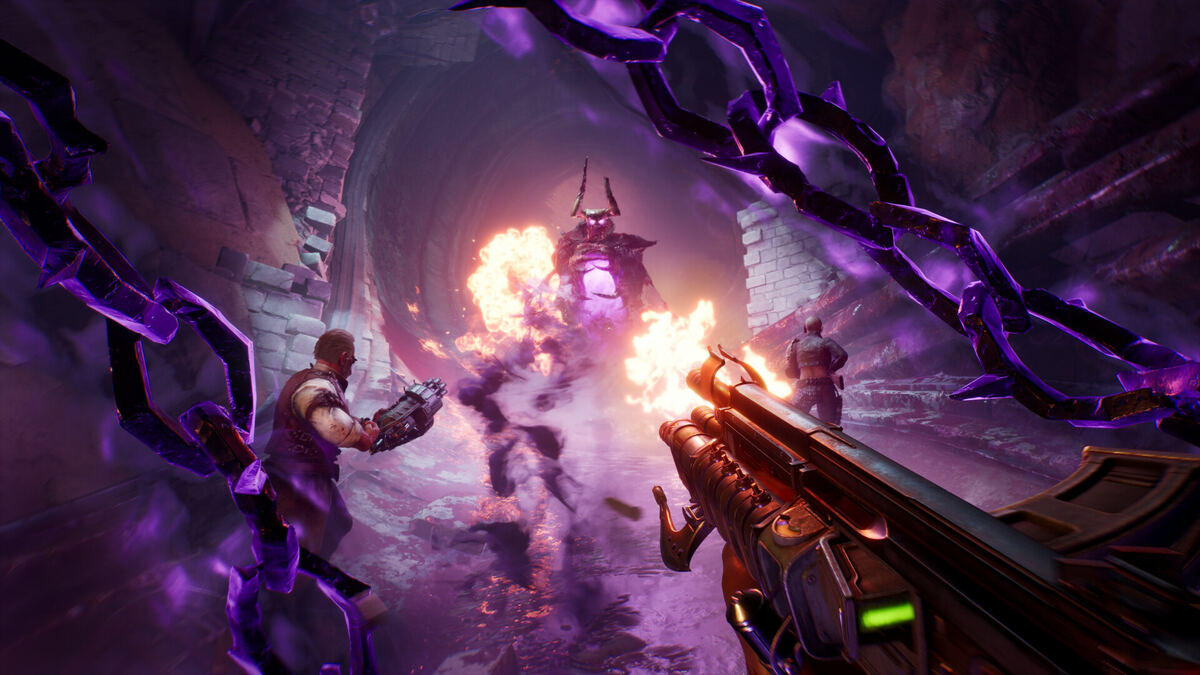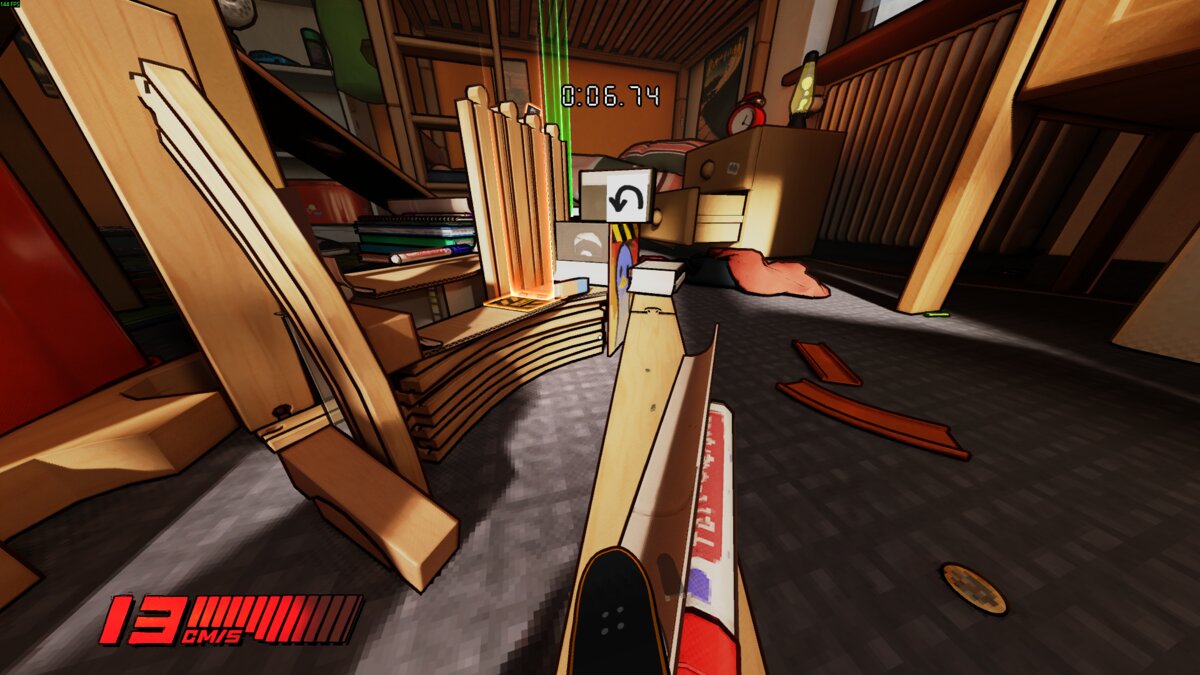You can trust VideoGamer. Our team of gaming experts spend hours testing and reviewing the latest games, to ensure you're reading the most comprehensive guide possible. Rest assured, all imagery and advice is unique and original. Check out how we test and review games here
As Beyond: Two Souls’ ‘Somalia’ scene loads up, producer Guillaume de Fondaumiere explains his reasons for bringing Quantic Dream’s latest demo to E3. “We’ve chosen this scene because we think it’s a very interesting to showcase how Jodie and Aidan can collaborate,” he says. “It’s also a scene that’s interesting to showcase how the game plays, because it’s always the same with the games that we’re doing: everyone always wonders how [the game plays].”
Thirty minutes later, I’m still left wondering. Beyond: Two Souls appears to be a ‘game’ in the loosest of senses, and it’s telling, perhaps, that de Fondaumiere chooses not to use the word ‘gameplay’ throughout the entirety of the demo – the linearity and significant non-interactivity on show here means there’s very little that could be reasonably labelled as such. Indeed, it’s often so one-dimensional that, for the most part, it can seem as if Beyond is nothing more than an interactive cutscene – every bit the movie/game hybrid Quantic Dream’s ‘interactive drama’ label suggests.
The demo catches up with Jodie Holmes two-thirds of the way through the game, Beyond’s mysterious protagonist who is now a military-trained CIA operative sent into the heart of war-torn Somalia to kill a warlord named Jamaal. The scenario itself is enough to start asking questions. Why, for a game marketed as an emotional thriller, has the player suddenly been thrust into the centre of a war zone? Without context, the scene’s inclusion in Beyond – let alone its use as a promotional demo – is unexpected, confusing and concerning, particularly given director David Cage’s recent comments about video game violence and the industry’s immaturity.
Somalia appears to be a perfect storm of action game clichés, each one rhythmically flowing into the next. There’s a cover-shooter section; multiple close-quarters combat scenes; a car chase; an assassination; a panicked escape; and finally an aerial extraction, albeit each unique in presentation and execution – that is to say, forcing the player to deal with each scenario through the use of QTEs or motion control (yes, there’s that wonderfully dated Sixaxis control here), rather than typical gunplay and combat. Even simple movement is often handled via cutscenes and button prompts: just moving Jodie from cover-to-cover, for example, relies on the use of QTEs.
Then there’s Aidan, the player-controlled supernatural entity that can be used to look over the game world and choke or possess enemy combatants. While the game will often turn to a cutscene to complete your action, depending on the scene the player can occasionally take direct control of the possessed enemy, using them to turn their weapon on themselves or their men, or hijack a vehicle to progress the story. There are some neat mechanics involved: because the possessed’s eyes roll back, possessing enemies wearing sunglasses means players are less likely to raise the alarm. But again, the opportunities presented by Aidan appear fairly pre-defined, with only particular enemies – not all of them – available to be interacted with, and of those, only in particular ways. Very few enemies, it seems, can be choked, and even fewer possessed, for example.
It’s also difficult to see how Beyond handles video game violence in any more meaningful a way than anything else. At the end of the demo, Jodie vomits after slaughtering a room full of militia and it’s revealed that – surprise, surprise – one of the men killed is the father of Salim, the young boy accompanying Jodie throughout the demo. But if that’s Cage’s attempt at making the violence and story ‘more meaningful’, it isn’t quite the mature form of storytelling I’d been hoping for.
Given the linearity of the demo, I ask de Fondaumiere about the amount of freedom the player has to approach certain scenes, but he maintains that Beyond will offer a varying degree of player choice. “Things can turn out differently,” he claims. “There are different ways to kill Jamaal. Characters can live and die and that has a consequence to the story. It’s the same principal as in Heavy Rain, I would say. Different paths leading to different endings. That’s the general idea.”
Despite my concerns, though, there’s still something to Beyond. The paranormal twist creates a sense of mystery and intrigue, and though I felt little emotional attachment to the characters in this unexpected slice, I’m still eager to see what Cage’s experience will offer when taken in context. It’s an odd demo, then, and one that left me even more confused about my feelings toward Beyond than before I entered the demo theater. Just what is Beyond? How much ‘game’ is there to it? And will it end up thematically-confused, suffering from similar problems as Heavy Rain thanks to an over-reliance on QTEs and gimmicky mechanics? I certainly hope not, but after witnessing the staleness of Somalia, this has the potential to go either way.

/https://oimg.videogamer.com/images/4bcd/beyond_two_souls_35.jpg)

